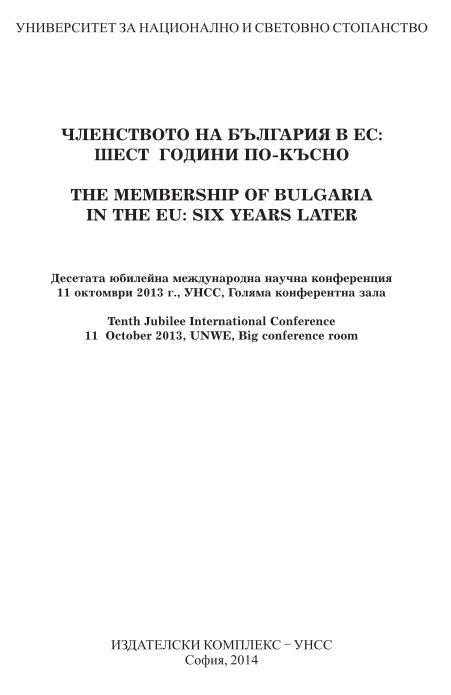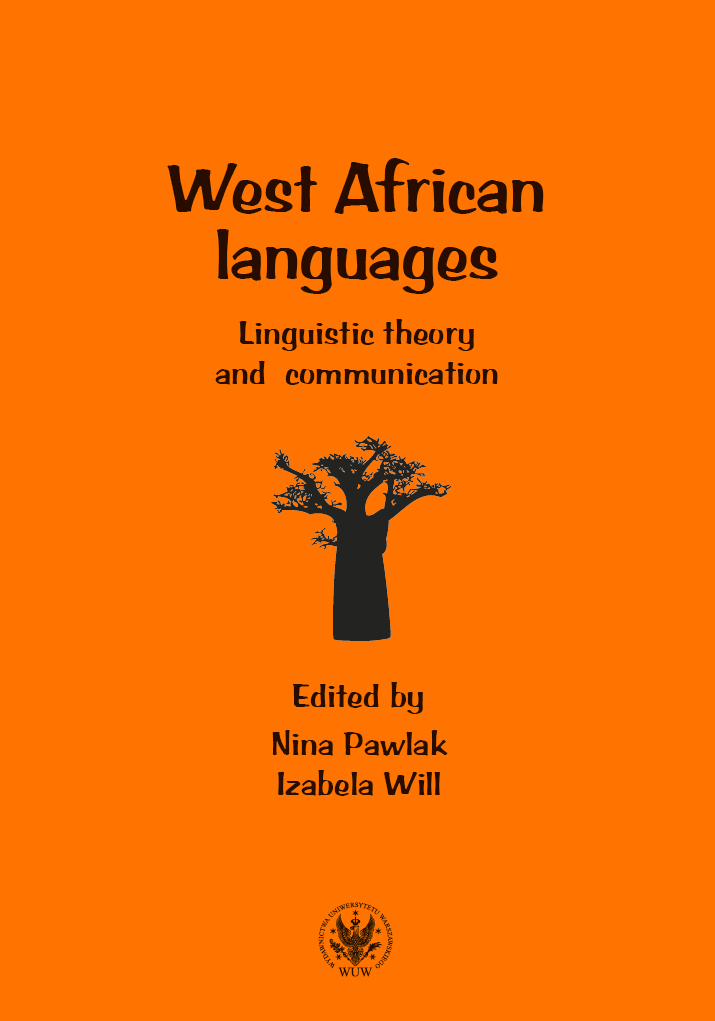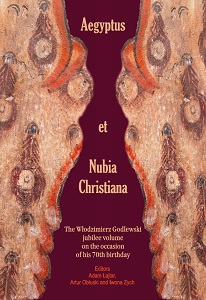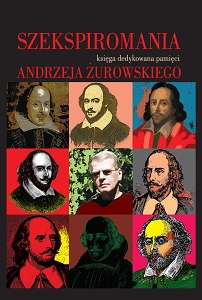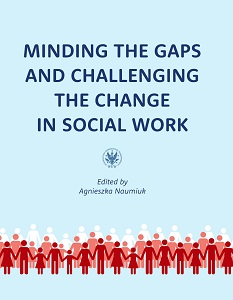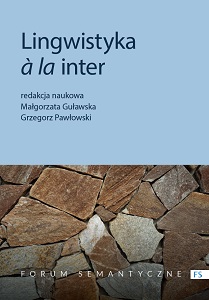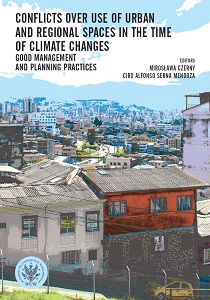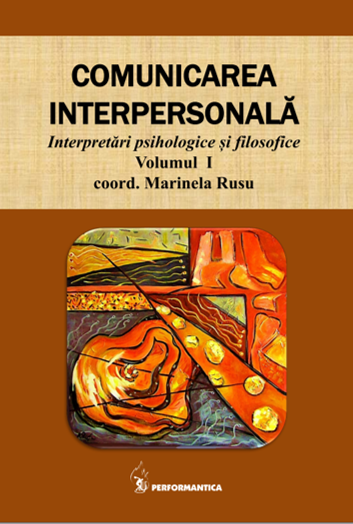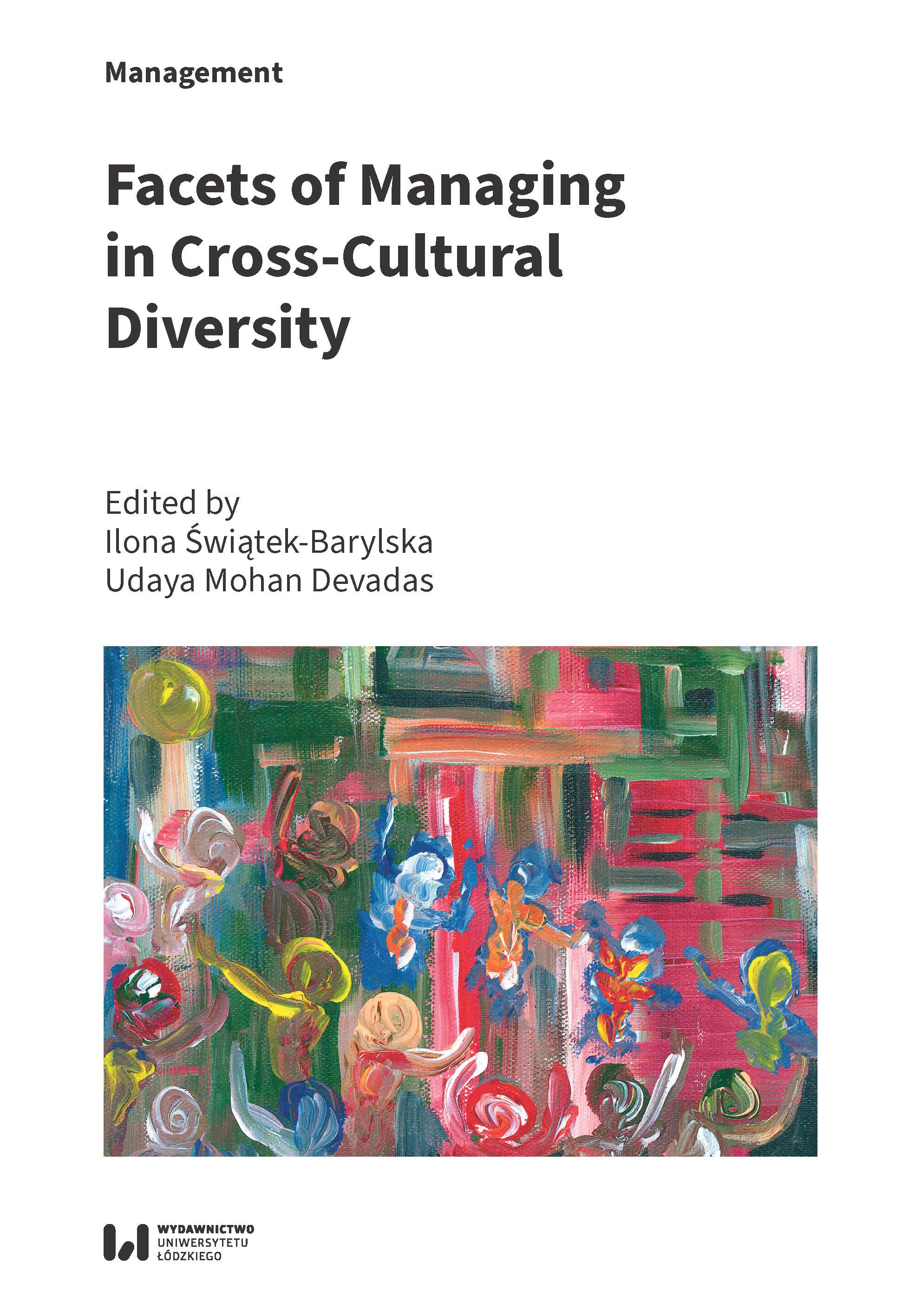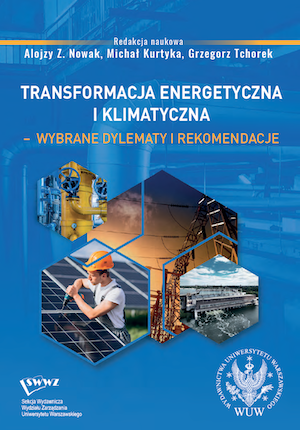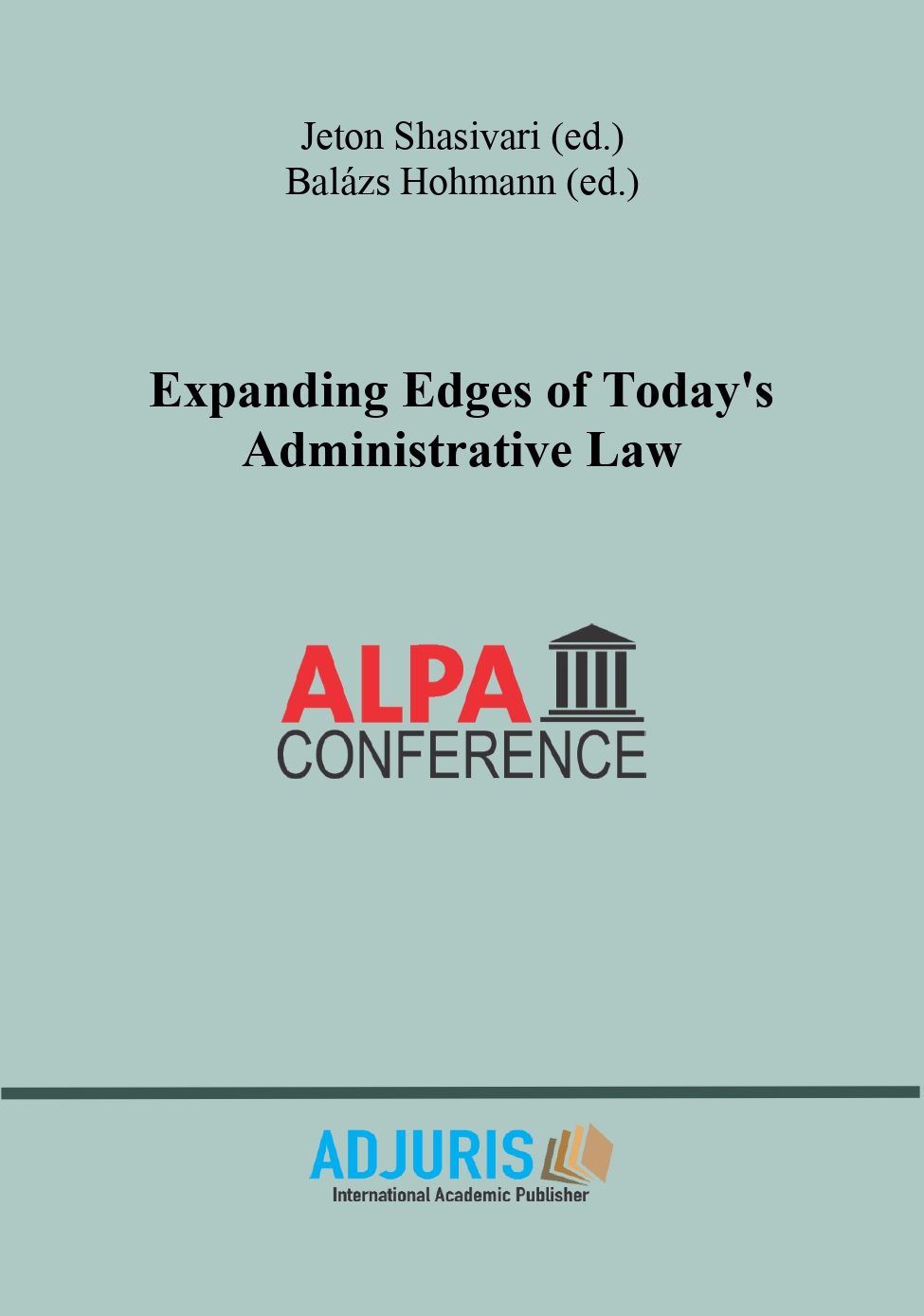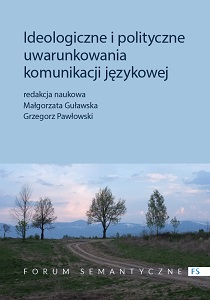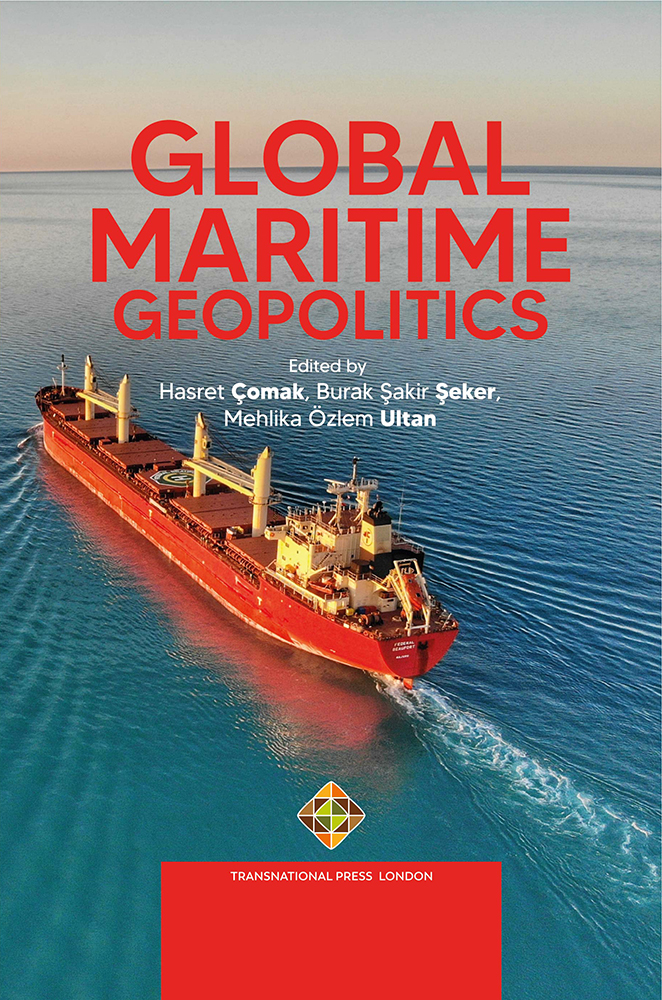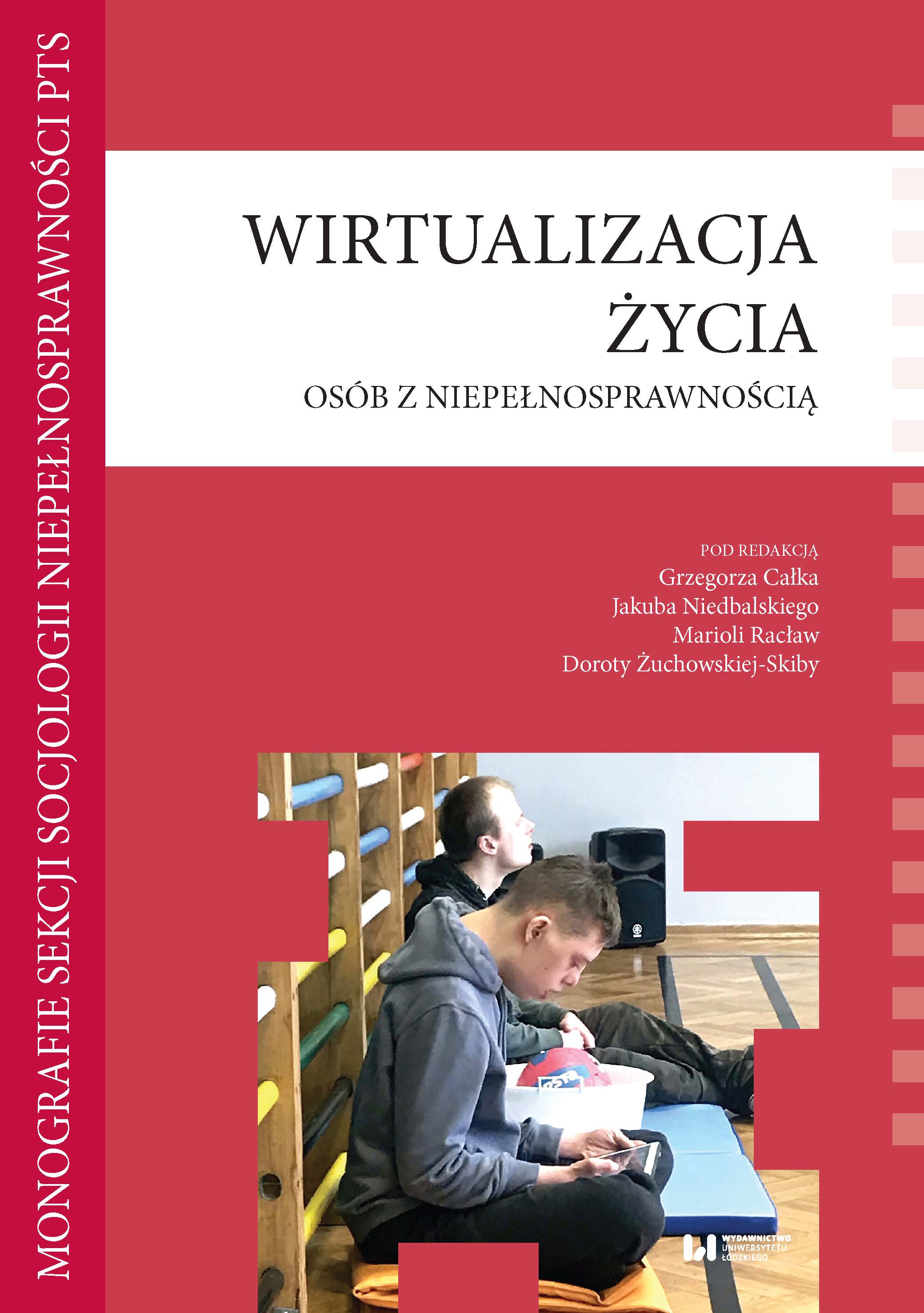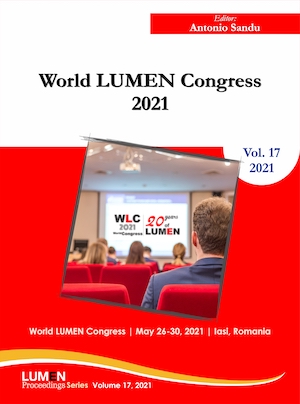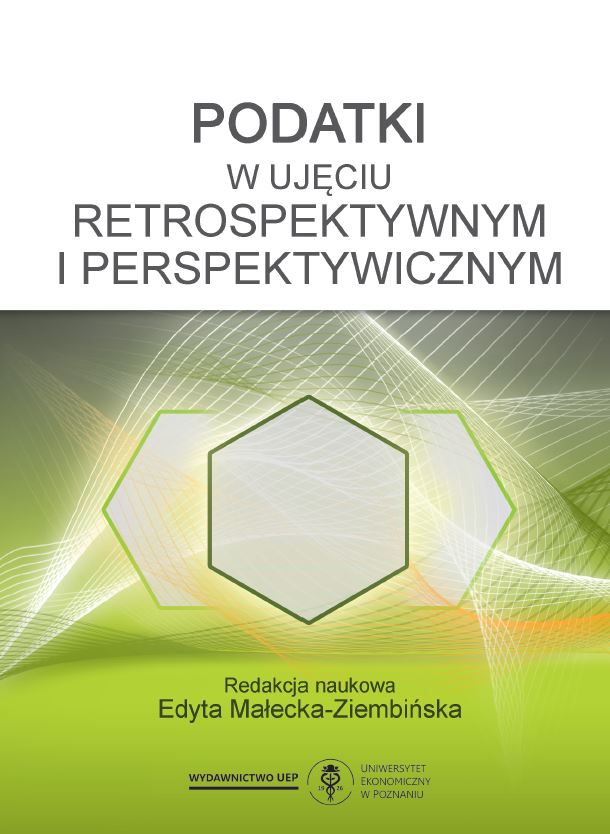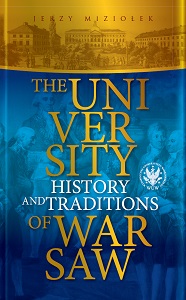
The University of Warsaw. History and Traditions
The University of Warsaw. History and Traditions
Keywords: University of Warsaw; history of the University of Warsaw; buildings of the University of Warsaw; Frederick Chopin
The author gives an account of the most important events covering two hundred years of the history of the University of Warsaw and introduces profiles of its rectors, outstanding professors and graduates, among them Fryderyk Chopin. The book can be read as an introduction to the University’s history, and as a guide to its historic monuments and collection of plaster casts, as well as the engravings and drawings housed in the University Library Print Room. The author discusses the achievements and heritage of the Faculty of Science and the Fine Arts, and also of the School of Fine Arts, which existed on the University campus in the years 1844-1862. He also focuses on the history of the University buildings, its emblem and other symbols as well as he describes University’s scientific and intellectual achievements in the context of Poland’s history. The book is complemented with the interesting appendixes referring to the Chopins’ apartment at the University Campus, Stanisław Kostka Potocki, founder of the Museum of the University of Warsaw, the collection of Egyptian mummies and sarcophagi (University of Warsaw deposit in the National Museum, Warsaw) and the University graduates who won the Nobel prize. The final part is the calendar of the University history. This book, richly illustrated with little-known materials, is addressed to a wide circle of readers.
More...
